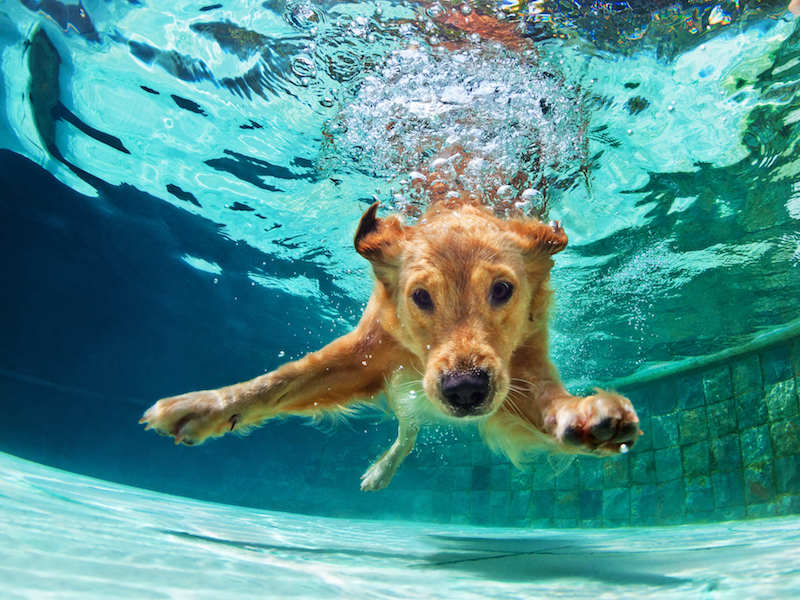
There are a lot of different things that can damage the delicate technology that makes a hearing aid work the way it does, but not many have the impact of water. Hearing aids seem to self-destruct under severe moisture conditions. Even if you already know that and take care to protect your investment from the shower, pool, or a good face washing, more than likely you are missing the most common reason for water damage in hearing aids: humidity.
Moisture that you can’t see has the greatest chance of causing permanent damage. It’s important to educate yourself about why humidity harms hearing aids.
Understanding Humidity
Even though the word humidity is very common, what does it really mean? PBS defines humidity as water molecules in the air. The relative humidity refers to the ratio of water molecules in the air compared to how many the air can actually hold. The larger the percentage, the wetter everything feels.
Humans cool their body by sweating so that makes us very sensitive to humidity. When humidity levels are high our sweat won’t evaporate as fast. Moisture and electronics don’t mix well and that includes hearing aids.
Understand Humidities Effect on Hearing Aids
Too high or, too low, humidity can affect your hearing aids. When water vapor percentages are high condensation can accumulate on the delicate elements that make electronic devices work, and low humidity can lead to brittle core materials.
Internal electronics are the reason your hearing aids work. Newer digital hearing aids use a state-of-the-art signal processing chip to control noise. It’s what is behind elegant features like:
- Noise reduction
- Anti-feedback
- Targeted listening programs
- Digital sound streaming
High humidity causes moisture to accumulate in the hearing aids damaging that chip. Batteries get wrecked and you get corrosion of elements inside of the case. You might as well throw your hearing aid in a sink full of water, and the effect is the same.
Keeping Humidity Under Control
Water resistant models are currently on the market. This feature will give you some protection from humidity and wet weather, but you still can’t swim with them in.
If you live in an area prone to high humidity, think about getting a room or house dehumidifier to reduce water vapor inside. It’s an investment that will help you and your family in numerous ways and protect other electronic devices like that expensive TV you got for Christmas. Dust mites, mildew, and mold thrive in moist environments so a dehumidifier will improve the quality of breathing as well. Although a house or room dehumidifier will help protect your hearing aids, it’s not enough. You will need to take other steps at the same time.
Consider buying a dehumidifier designed especially for hearing aids. There is one out there for every budget. Drying kits rely on silica gel crystals to protect the electronics. You put the device in the dehumidifier for a couple of hours to eliminate moisture. Drying your hearing aids as you sleep at night can be done using specially designed storage containers. If it is very humid and you have no other way, uncooked rice can reduce moisture.
Don’t forget to leave the battery door open when you store your device. By pulling that door open before you put the hearing aid down, you expose the batteries and other elements to the air, allowing any condensation built up to evaporate naturally. Do this all year round, not just in the summer months.
Always store your hearing aids in a cool, dry place. Avoid putting them in the glove compartment, in a hot room or on a table in the sun.
Thinking Past Humidity
Damage can be caused by other types of wetness. Don’t forget to think about other types of wetness like:
- Don’t touch your hearing aids with hands that are still moist from lotion.
- Find a safe place to store your hearing aids if headed for the pool or beach.
- When exercising wear a sweatband. It’s a good practice whether you wear your hearing aids when you workout or not. Sweat in your ears can cause problems later.
- Try not to put your hearing aid down on wet surfaces. A glass or coffee cup can leave moisture behind.
Your hearing aids are a valuable asset, so treat them that way. Keep in mind how moisture can damage your hearing aids and make sure to prevent water from getting in them. If your hearing aid already has water damage make an appointment for service with a hearing aid specialist.